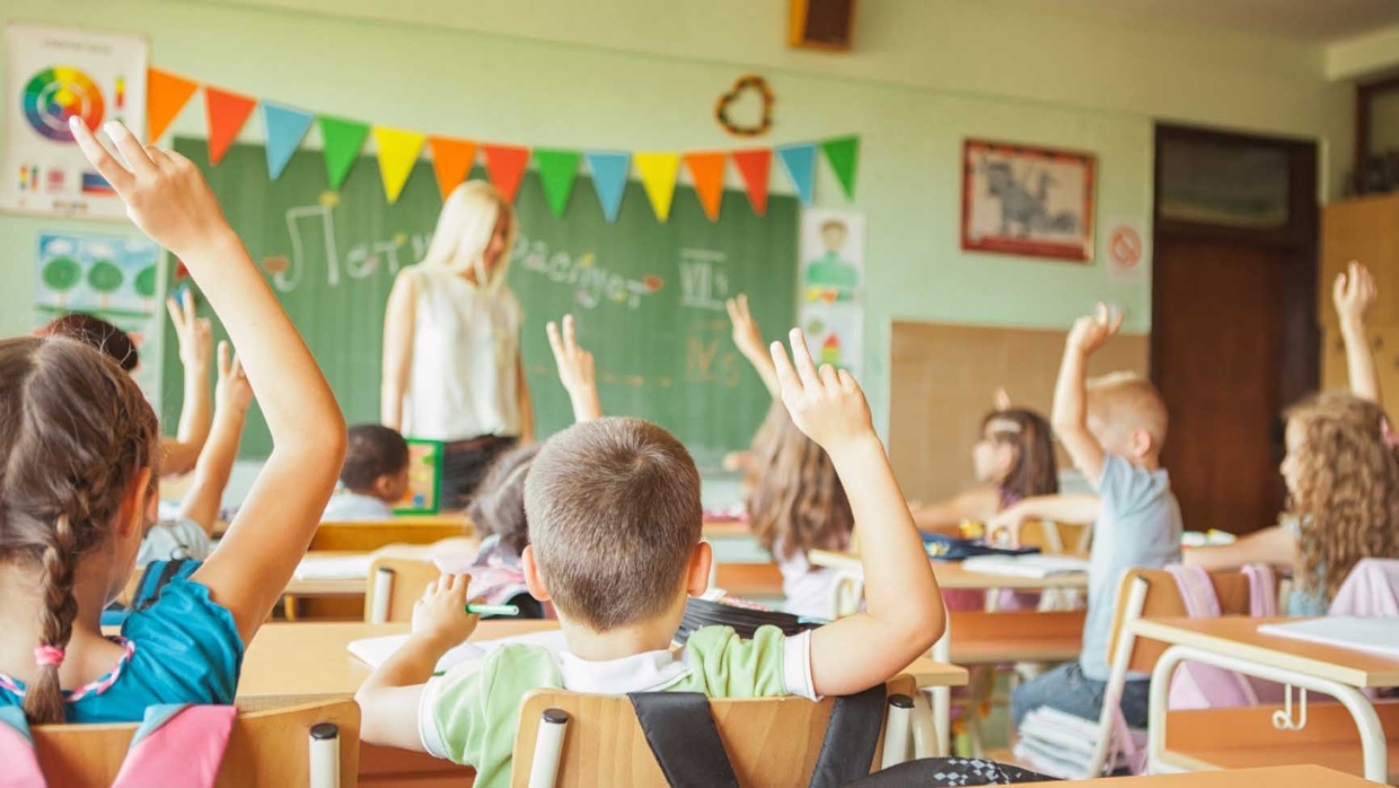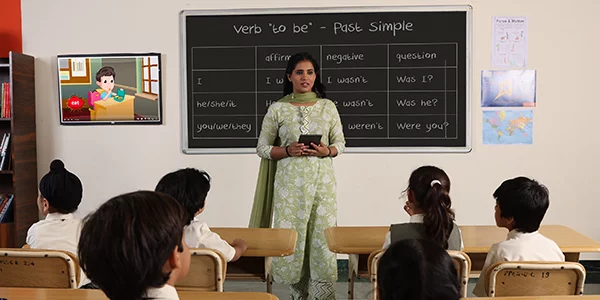Achieve Academic Success with Primary Science Tuition Singapore
Achieve Academic Success with Primary Science Tuition Singapore
Blog Article
Discovering the Different Training Methods in Main Scientific Research Education Today
Inquiry-based understanding, hands-on experiments, and the integration of technology are redefining how teachers engage young minds. Furthermore, collective methods and set apart guideline are being used to provide to the varied requirements of trainees, improving both interaction and understanding.
Inquiry-Based Knowing
Inquiry-Based Knowing (IBL) is a pedagogical approach that encourages students to explore scientific principles via doubting, investigation, and hands-on experimentation. This method stresses the duty of pupils as active participants in their learning, advertising essential reasoning and analytical abilities. By involving with real-world concerns, trainees come to be inspired and curious, which enhances their understanding of clinical concepts.
In IBL, instructors serve as facilitators, leading trainees as they navigate their questions as opposed to supplying info directly. This student-centered technique enables distinction, fitting various discovering styles and speeds. Students establish skills in creating hypotheses, making experiments, and examining data, which are critical for scientific proficiency.
Furthermore, IBL cultivates partnership amongst trainees, urging them to share findings and concepts. This collective query advertises social skills and a feeling of neighborhood within the class. The process of questions encourages resilience, as pupils find out to embrace failing as a tipping rock toward understanding.
Hands-On Experiments
Hands-on experiments are a vital component of effective science education, enhancing the concepts of inquiry-based knowing. These experiments enable trainees to involve straight with scientific concepts, promoting a much deeper understanding with experiential understanding. By manipulating materials and observing results, young students can comprehend abstract concepts in substantial ways.
Such activities promote important reasoning and analytic skills, as students hypothesize outcomes, conduct experiments, and evaluate results. This process motivates them to ask concerns, fine-tune their understanding, and establish a scientific way of thinking. Hands-on experiments can be tailored to diverse learning styles, ensuring that all students have the opportunity to engage meaningfully with the material.
Additionally, hands-on experiments often encourage partnership amongst peers, advertising team effort and communication skills. Working in groups enables students to share ideas, talk about findings, and pick up from one an additional, which improves their total educational experience.
Including hands-on experiments right into the key scientific research educational program not only enriches the finding out setting but also grows a lifelong passion in science. By proactively taking part in their education and learning, trainees are more probable to establish a passion for clinical inquiry that expands beyond the classroom.

Modern Technology Integration
Integrating modern technology right into main scientific research education and learning has actually come to be increasingly necessary in fostering trainee involvement and enhancing discovering results. Using digital devices, such as interactive simulations, virtual laboratories, and educational software program, supplies pupils with possibilities to check out clinical ideas in ingenious means. These sources facilitate a deeper understanding of complex subjects by permitting students to visualize and manipulate variables that would be unwise in a standard class setup.
Moreover, innovation combination encourages personalized discovering experiences. Trainees can proceed at their own rate, taking another look at tough ideas through multimedia resources, which satisfy various understanding designs. This adaptability not only sustains private growth yet likewise cultivates a feeling of freedom in learners.
In addition, technology functions as a bridge to real-world scientific research, attaching trainees with current research study and expert payments. Access to clinical journals and online data sources broadens pupils' viewpoints on scientific questions and promotes critical assuming skills.
Collaborative Discovering
Collaborative understanding plays an important duty in main scientific research education by cultivating team effort and interaction skills amongst students. This technique encourages students to interact, share expertise, and engage in analytic, which enhances their understanding of scientific principles. By taking part in team activities, trainees find out to articulate their concepts, pay attention to diverse perspectives, and bargain solutions, every one of which are necessary skills in both real-world and academic contexts.

Research shows that collaborative understanding can result in raised motivation and interaction in scientific research subjects, as pupils find pleasure in common experiences (primary science tuition Singapore). In addition, this method prepares trainees for future my site joint endeavors, equipping them with the abilities essential for effective teamwork in higher education and learning and specialist settings. Ultimately, embracing collective discovering in key scientific research education can substantially improve the understanding experience and promote a deeper understanding of scientific inquiry
Separated Direction

Distinguished guideline can manifest in various methods, such as varying the content, procedures, or items of knowing. As an example, instructors might make use of tiered projects that supply differing levels of complexity, permitting pupils to operate at their particular preparedness degrees. In addition, adaptable grouping methods can right here promote collaboration among students with different capabilities, cultivating peer understanding.
Assessment plays a critical role in this method, as it notifies direction and helps educators comprehend each pupil's unique requirements. Formative evaluations, such as monitorings and quizzes, can lead instructors in readjusting their approaches to boost discovering outcomes. primary science tuition Singapore. Ultimately, by carrying out set apart guideline in main scientific research education, teachers can cultivate an extra fair and efficient learning environment, encouraging all pupils to reach their complete capacity in understanding clinical sensations
Final Thought
In summary, the varied training techniques in primary scientific research education and learning, including inquiry-based knowing, hands-on experiments, technology assimilation, collective knowing, and differentiated guideline, collectively contribute to an extra efficient knowing setting. These techniques promote crucial reasoning, analytic skills, and a much deeper understanding of scientific principles. By carrying out these techniques, educators can produce engaging and encouraging classrooms that address the diverse needs of pupils, eventually fostering a lifelong passion in science and boosting scholastic success.
Inquiry-Based Knowing (IBL) is an instructional method that urges trainees to discover scientific principles through wondering about, investigation, and hands-on trial and error.Collaborative discovering plays a vital function in key science education and learning by fostering team effort and interaction skills amongst pupils.Research study shows that collaborative discovering can lead to increased motivation and involvement in science subjects, as trainees locate enjoyment in shared experiences.In promoting a comprehensive understanding atmosphere, separated guideline arises as a key technique to fit the varied demands and capacities of pupils in primary science education. Eventually, by carrying out set apart guideline in primary science education, educators can cultivate a more equitable and effective learning environment, empowering all students to reach their explanation full potential in understanding clinical sensations.
Report this page